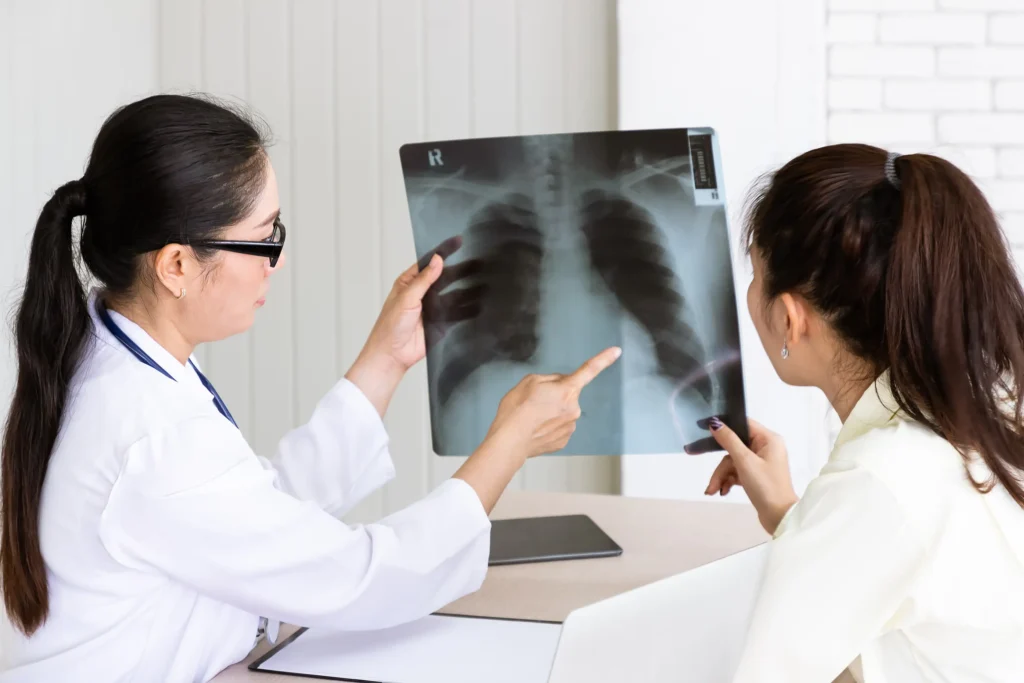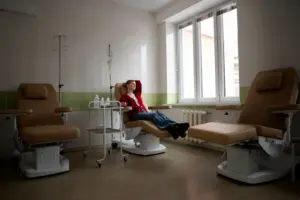
When you hear the words lung cancer, you probably think of smoking. Understandably, smoking is the biggest cause. But here is something that surprises many people: you don’t have to smoke to develop lung cancer. Many people who have never touched a cigarette in their lives are diagnosed with the deadly disease. So how does it happen?
Can you get lung cancer without smoking?
Yes, you can. Around 10 to 20% of people with lung cancer are generally non-smokers. That might sound like a small number, but it still impacts thousands of people every year.
Lung cancer in a non-smoker can be just as serious and sometimes even harder to diagnose. Why? Non-smokers often don’t anticipate lung cancer, as they don’t perceive themselves as at risk.
Also Read | Rising cancer rates in young adults: Symptoms, risks, and challenges
Common causes of lung cancer in non-smokers
Even if you don’t smoke, being around someone who does can still harm your lungs, which is called secondhand smoke or passive smoking. If you live with someone who smokes or spend time in places where smoke is common, you are breathing in some dangerous chemicals. Long-term exposure can cause severe problems, including lung cancer.
A sneaky cause is radon gas, a natural radioactive gas that comes from rocks and soil. You can’t see, smell or taste the gas, but it can seep into your house through cracks in the floor or walls, especially in basements. Radon gas is the second leading cause of lung cancer after smoking and the number one cause among non-smokers.

Air pollution, especially in big cities, can cause lung damage. Breathing polluted air for years increases your risk of lung cancer. Vehicles, factories, and even wildfires add harmful particles to the air. When these tiny particles go deep into your lungs, this can cause long-term damage.
Sometimes lung cancer can also run in families. If a close relative had lung cancer, even if they were not smokers, you might be at a higher risk too. Certain gene changes transmit the risk and make it easier for cancer cells to grow in your lungs.
Lung cancer symptoms
Lung cancer symptoms can often be missed, as they show up late. If you don’t smoke, you might dismiss early signs as a cold or allergy. Monitor any persistent coughs that do not subside. Visit a doctor if you are coughing up blood or have chest pain when breathing or coughing.
Also Read | Is your home hurting your lungs? The hidden dangers of indoor air pollution
Lung cancer in non-smokers is real and more common than many people think. Just because you don’t smoke doesn’t mean you are immune. The good news? By understanding the risks, paying attention to symptoms, and taking preventive steps, you can keep your health in check.








